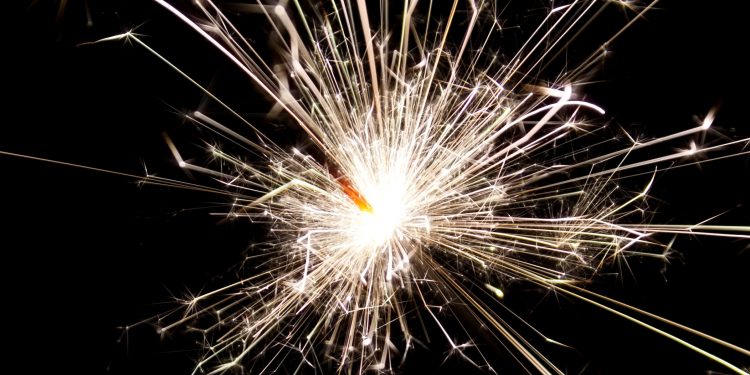Festival Of Lights Or Pollution: Delhi Cracker Ban Upholds Our Traditions And Health

The people living in the National Capital region usually start bursting crackers from the Dhanteras onwards. But this year, the Diwali celebrations were sober. Did the ban of bursting crackers, by the SC, reduce the fervor that the festival usually brings with it? Anyway, there are a few section of the citizens in the country, who have made this ban a question of religious identity. What we need to really mull on though, is that whether bursting crackers is indeed a part of our tradition, as people in different parts of the country point out. Also, whether this ban by the Supreme Court was really necessary, which would not have been required, had we as citizens been more responsible in celebrating our festivals, without hurting any religious sentiments.
A Deeper Look At The Festival Of Lights
The reason behind bursting crackers during Diwali festival, it is said, is to commemorate the death of Narakasura at the hands of God Krishna and Lakshmi Devi. In the northern parts of India, it commemorates the arrival of Ram, Sita and Lakshman back from the forests to Ayodhya. It signifies the victory of good over evil, ushering in wellness and prosperity everywhere. But the question is whether it is really part of our traditions. History tells us that the concept of crackers was brought to India, by Alauddin Khilji, incidentally, the character played by Ranveer Singh in Padmavati. This suggests, bursting crackers has merely been adapted from then on, mainly for the enjoyment of people, at the cost of the environment. The Festival of Lights which mainly involved lighting Diyas, wearing new clothes and savoring sweet somethings, had an unwanted inclusion, in the form of crackers.
The Ban That Brought Forth All The Discussions
The Supreme Court banned the bursting of crackers during the start of the Diwali festival, in Delhi and the National Capital region, allowing it to be relaxed only on the day of the festival. The Central Pollution Control Board(CPCB) has supported the ban imposed by the SC, so did the global Environmental Group, Greenpeace, which tweeted that this is a nice step, but adding that we need to look at other sources of pollution too. Every year, in the days following the festivities in the Capital, the hospitals always report a spike in the number of people suffering from respiratory ailments. This year, though the SAFAR (System of Air Quality and Weather Forecasting And Research) has suggested that it is a cleaner Diwali than previous years, the night of Diwali brought the usual noise associated with it, well past midnight. But the air quality index on the next day showed that the levels have dropped to a 340 this year compared to 445 last year.
The Path Ahead For Us
Though the Supreme Court Ban is a start, there is a lot to be done in terms of reducing the pollution levels. Instead of getting into any kind of religious debates, let us start identifying areas where pollution can be reduced. In a democratic country like ours, bans the Supreme Court induced do not make much sense. But let us ask ourselves, had we been a little considerate towards our environment, would this ban be ever imposed on us. Let us be mindful that acts like these are really distressing the infants, the elderly and the ailing, who are most affected by the noise and air pollution caused by bursting crackers. While we enjoy the festivities, let us understand the impact of bursting crackers on the environment. Tradition asks us to welcome the festival of lights by lighting up our homes, not burning the environment with the pollution. Let us take small steps to eliminate pollution in our daily lives, to safeguard our environment, to ensure a cleaner future for our future generations.




